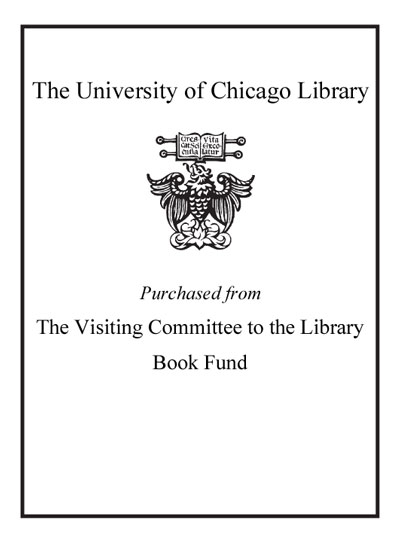Review by Choice Review
The loss of valuable habitat area and increased isolation of ecosystems due to landscape fragmentation and diminished connectivity can significantly impact natural biodiversity and species composition. Collinge (Univ. of Colorado) provides a comprehensive synthesis and an authoritative review of the effects of human-induced spatial heterogeneity on population and community processes. The book emphasizes the broader landscape perspective rather than the more narrowly and traditionally defined patch dynamics. Introductory chapters provide a view of current theories and concepts for habitat loss. Other chapters discuss the significance of fragment size and isolation, movement of animals and plants, interactions among species, and emergence of parasites, pathogens, and disease organisms in response to habitat fragmentation. Topics of special interest include the use of models to simulate ecosystem structure, and the application of theoretical and empirical landscape fragmentation research to restoration activities, conservation programs, and ecological planning. This important and relevant work is well written and very extensively referenced. It will serve as an excellent resource for advanced students, resource managers, and scientists in all fields of landscape design, biological conservation, and ecological planning. Summing Up: Highly recommended. Upper-division undergraduates through professionals; two-year technical program students; general readers. M. J. Zwolinski emeritus, University of Arizona
Copyright American Library Association, used with permission.
Review by Choice Review


